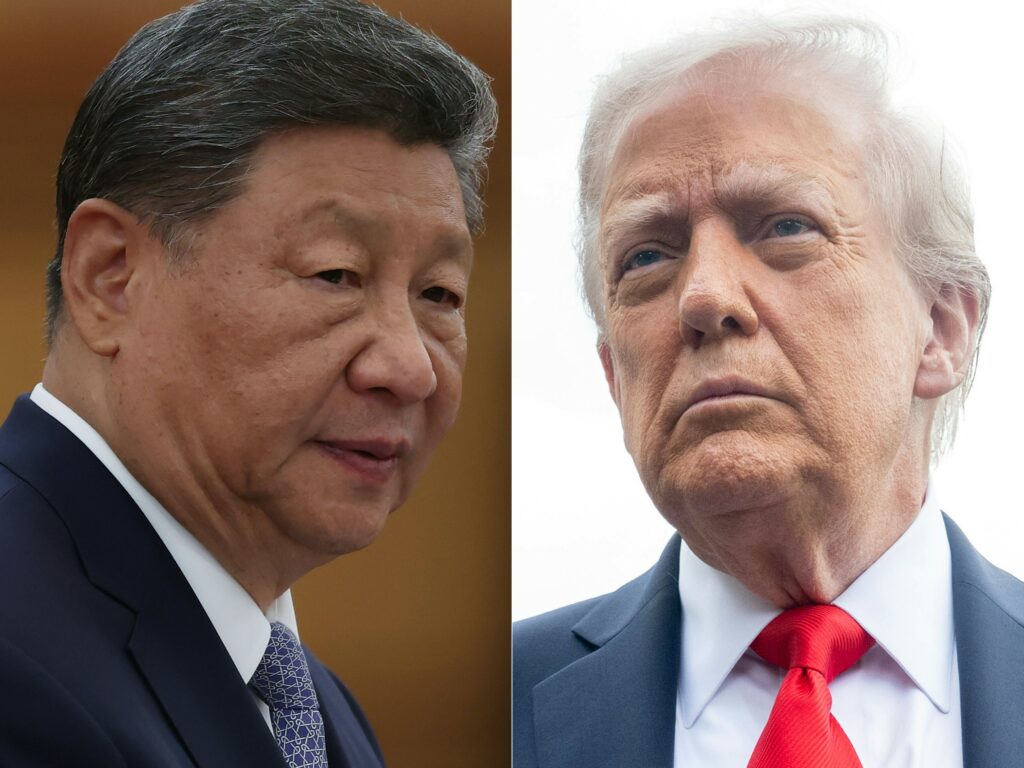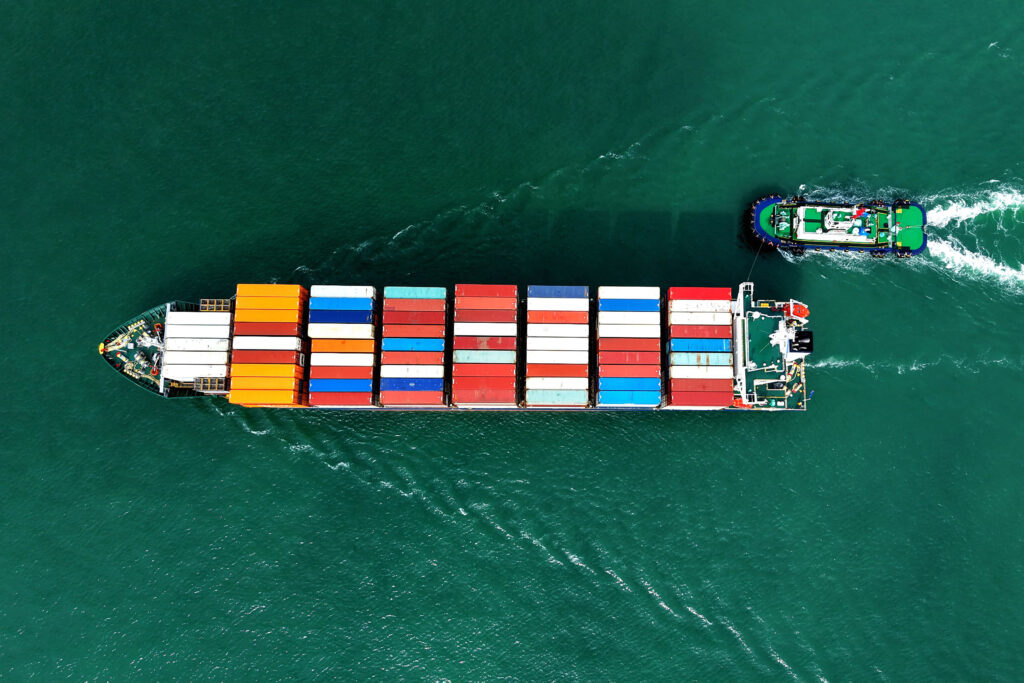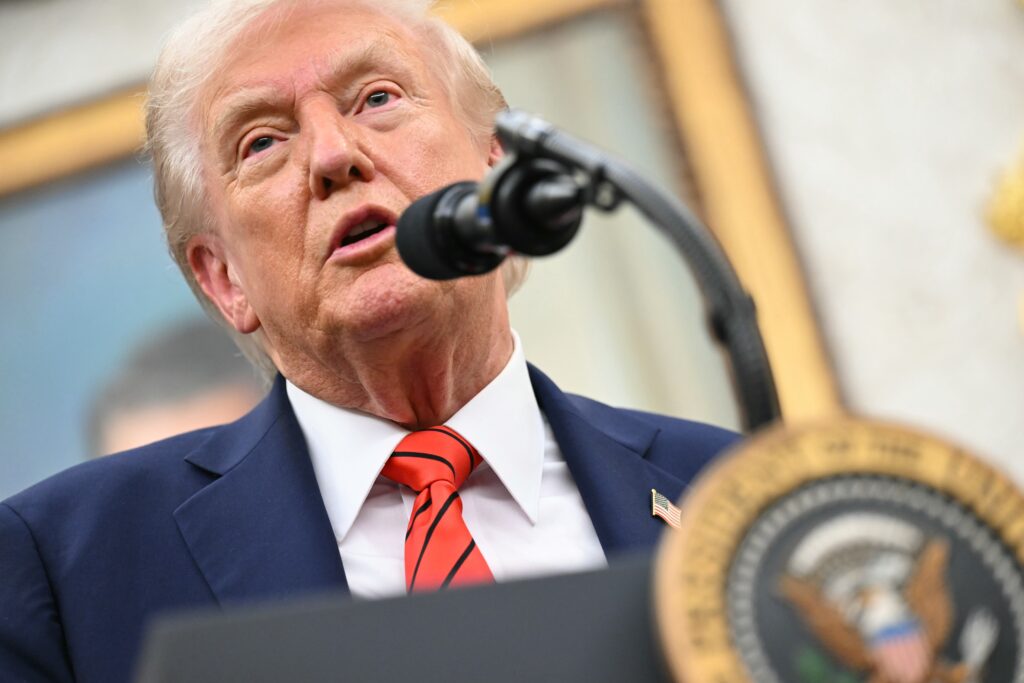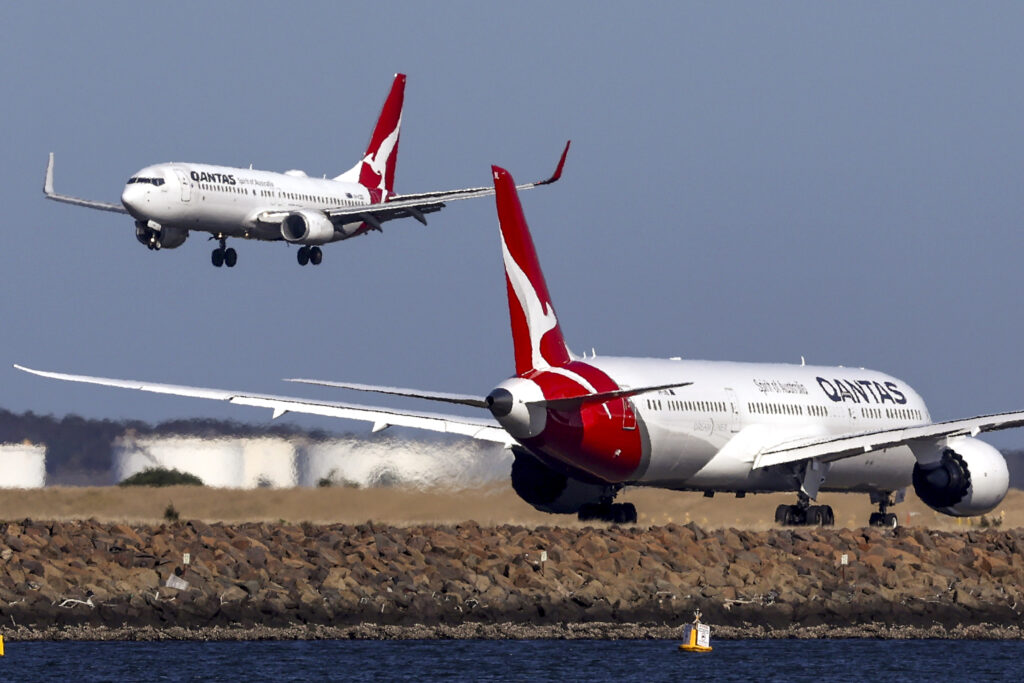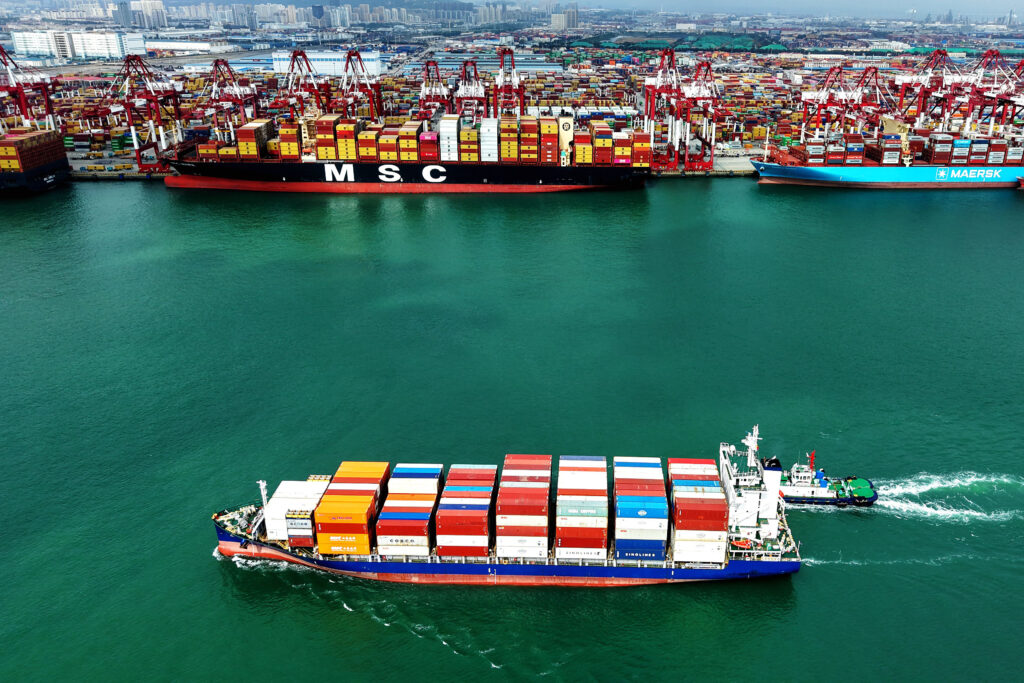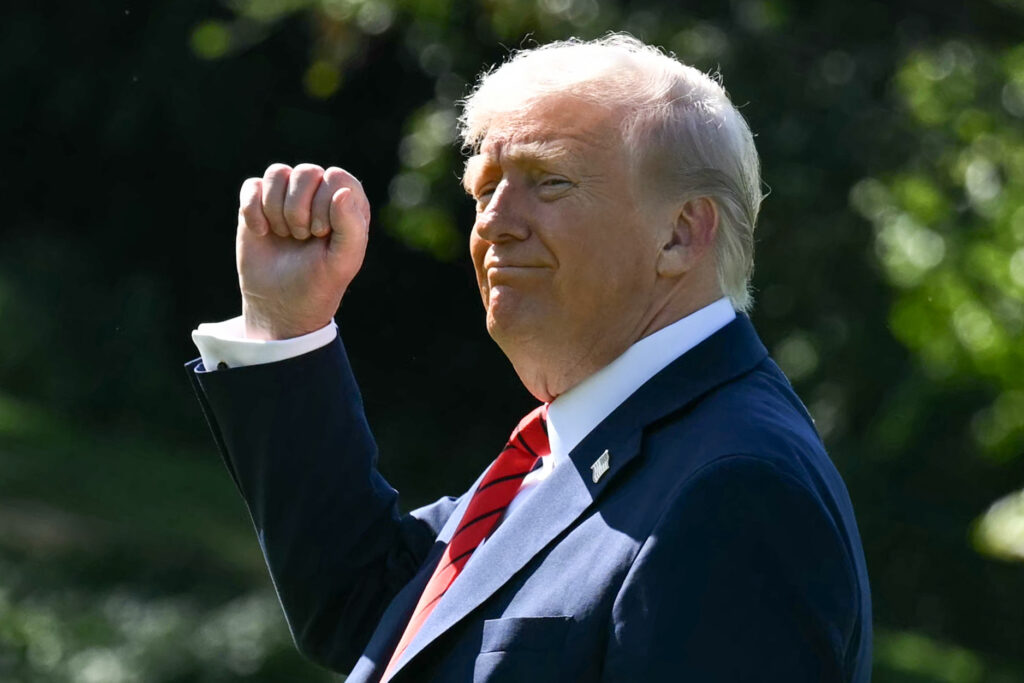European stocks rebound after Trump-fuelled slide
European stock markets rebounded slightly Monday after heavy pre-weekend falls as US President Donald Trump reignited his trade war with China. Asia’s leading stock markets, catching up with sharp losses Friday on Wall Street, began the week in the red, while gold reached a fresh record high thanks to its status as a safe haven investment.Trump wrote on social media that he would impose an additional 100-percent tariff on China and threatened to cancel a summit with Chinese counterpart Xi Jinping.The US president cited Beijing’s export curbs on rare earth minerals used in a range of goods including smartphones, electric vehicles and military hardware.Trump presented a more conciliatory tone Sunday when he described Xi as “respected”, helping to lift the dollar.”European equities are trading higher… (in) a relief rally after the violent swings seen on Friday,” noted Joshua Mahony, chief market analyst at traders Scope Markets.”The breakdown in US-China relations simply adds to the ongoing narrative around US instability, with the government shutdown rolling on towards its third week,” he added.Wall Street’s Nasdaq index plunged 3.6 percent Friday, with investors on edge also over a recent tech-led surge that has stoked fears of a stock bubble.However, investors took a little heart from a post Sunday in which Trump said “The U.S.A. wants to help China, not hurt it!!!”, adding that “respected President Xi… doesn’t want Depression for his country”.Beijing accused Washington of acting unfairly, and the Ministry of Commerce said Sunday: “Threatening high tariffs at every turn is not the right approach to engaging with China.”It follows months of fragile peace between the economic superpowers as they looked to reach a full trade deal after Trump’s tariff bombshell in April that saw both sides ramp up tit-for-tat levies to eye-watering levels.One of the winners of this year’s Nobel economics prize, France’s Philippe Aghion, warned Europe that it must not let the United States and China dominate technological innovation.”I think European countries have to realise that we should no longer let the US and China become technological leaders and lose to them,” Aghion told reporters Monday.The prize was awarded also to American-Israeli Joel Mokyr and Canada’s Peter Howitt for work on technology’s impact on sustained economic growth.The week kicked off with price recoveries for bitcoin and oil.The cryptocurrency tumbled over the weekend following Trump’s tough talk on China, while crude futures reversed big losses caused by the Israel-Hamas peace deal.- Key figures at around 1045 GMT -London – FTSE 100: UP 0.1 percent at 9,431.77 pointsParis – CAC 40: UP 0.4 percent at 7,948.52Frankfurt – DAX: UP 0.4 percent at 24,342.12Hong Kong – Hang Seng Index: DOWN 1.5 percent at 25,889.48 (close)Shanghai – Composite: DOWN 0.2 percent at 3,889.50 (close)Tokyo – Nikkei 225: Closed for a holidayNew York – Dow: DOWN 1.9 percent at 45,479.60 (close)Euro/dollar: DOWN at $1.1587 from $1.1615 on FridayPound/dollar: DOWN at $1.3337 from $1.3352Dollar/yen: UP at 152.13 yen from 151.57 yenEuro/pound: DOWN at 86.88 pence from 86.98 penceBrent North Sea Crude: UP 1.6 percent at $63.71 per barrelWest Texas Intermediate: UP 1.8 percent at $59.93 per barrel
